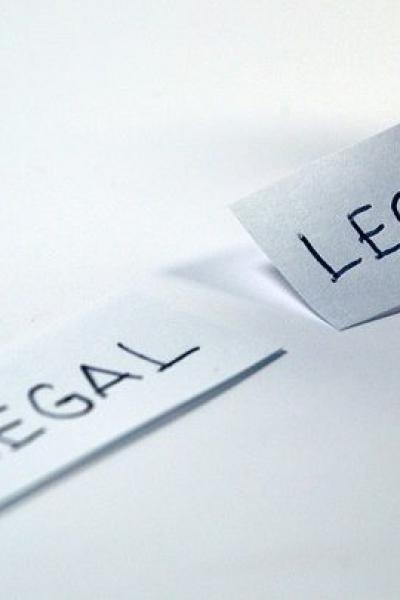
Blockchain Regulations Coming in Europe: Liechtenstein, Switzerland and France Are First Movers
Blockchain Regulations Coming in Europe: Liechtenstein, Switzerland and France Are First Movers

Blockchain Regulations Coming in Europe: Liechtenstein, Switzerland and France Are First Movers
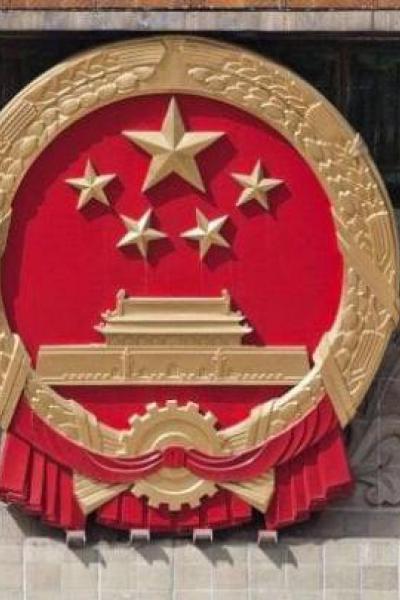
Chinese online censorship is very strict nowadays – in accordance with the Golden Shield Project, the majority of popular websites, including Google, YouTube, Facebook, are currently blocked. It’s quite difficult to have free access to the Internet in China.
Another step from the Chinese government was to ban cryptocurrency trading in the midst of 2018. Still, it is reported that local traders manage to visit cryptocurrency exchange websites.
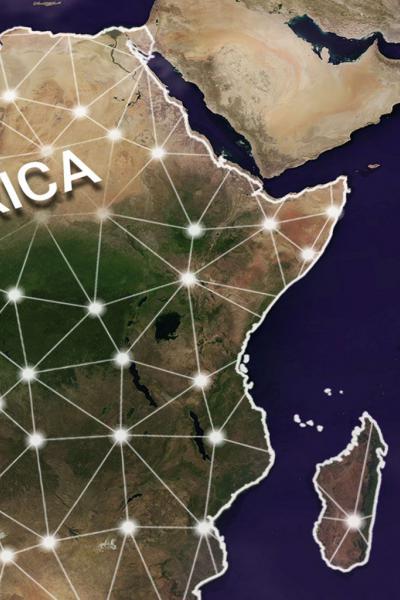
What kind of solutions can blockchain technology offer the continent? Is Africa on the road to becoming a blockchain hub?
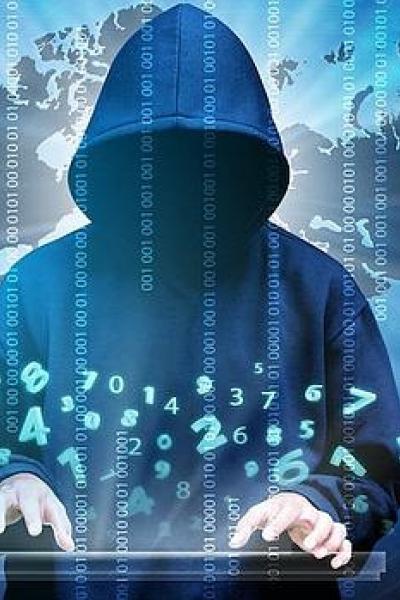
In the last year or so there have been multiple accounts of people logging into their crypto
wallets only to find all their currency gone. And in some cases, we’re talking about millions of dollars.
In light of that, I’m sure a lot of people scratch their heads and wonder why. Why would anyone risk their savings on crypto? And while that may be a valid question—although using cryptocurrencies is generally safe—we’re not here to talk about the why. We’re here to address those who have already decided to use cryptocurrencies and are wondering what they can do to keep their wallets safe.
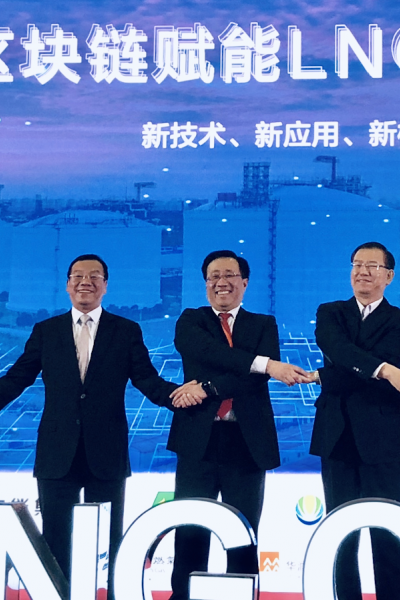
China’s commitment to being a world-leader in clean energy adoption and the reduction of carbon emissions has taken a large step forward today with the announcement of a liquified natural gas (LNG) management solution, enabled by the VeChainThor Blockchain. The blockchain solution is the result of a new joint initiative between VeChain and two of China’s leading energy and gas companies.
![Vitalik Buterin speaks about Ethereum [ETH] 2.0 Proof Of Stake [POS] protocol](/sites/default/files/styles/news_item_image/public/news-introduction-images/th_0.jpg?itok=ZSJKtFZb)
On October 31, Ethereum co-founder Vitalik Buterin spoke about the Ethereum 2.0 upgrade and the basic idea behind the new platform. Vitalik stated that he did not want to explain the new upgrade from a technical point of view, but started off by explaining what was in the Ethereum 2.0 upgrade.
![Virtual assets like Bitcoin [BTC] to now be more regulated – SFC Hong Kong](/sites/default/files/styles/news_item_image/public/news-introduction-images/GP_HongKong.jpg?itok=5aCmUEgv)
On 1st November, the Hong Kong Securities and Futures Commission [SFC] announced that virtual assets will now see a new regulatory approach by the body. The SFC defined virtual assets as “a digital representation of value. Examples include ‘cryptocurrencies’, ‘crypto-assets’ and ‘digital tokens’.
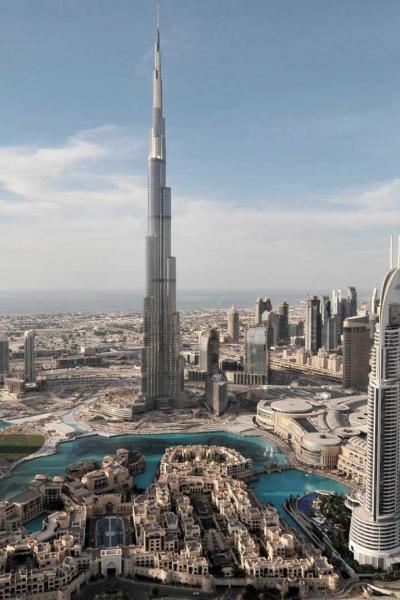
Dilip Rao, Ripple’s Global Head of Infrastructure Innovation, recently appeared at a conference in Dubai to speak about Ripple’s plans to enter the Middle East. He also spoke about the existence of XRP and Ripple’s other products within the regulatory environment of the area.
Rao revealed that Ripple was going to be setting up an office in Dubai “before the end of the year”, and provided an introduction to the Internet of Value.
You have to login or register to view this content.